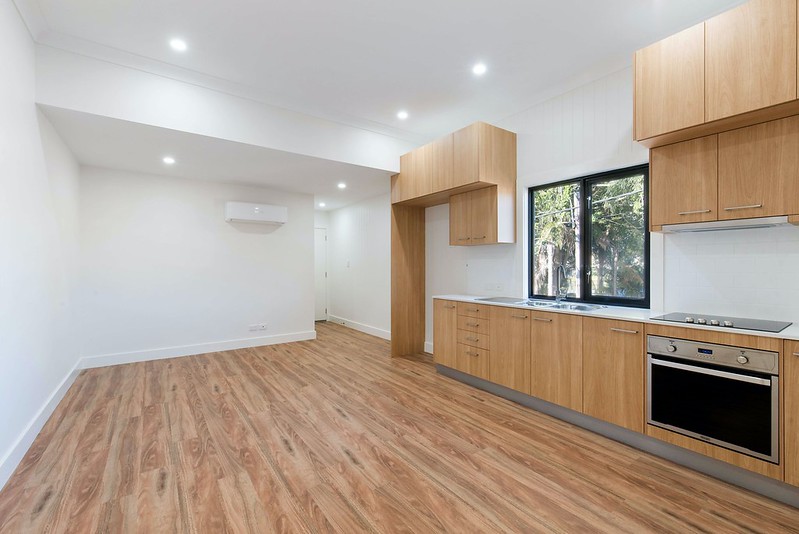
Buying a first home is a significant milestone for many, but for individuals navigating the journey solo, the hurdles are even higher.
A recent report by the Building Societies Association (BSA) highlights the increasing necessity for dual high incomes to meet mortgage repayments, painting a grim picture for first-time buyers facing the toughest market conditions in 70 years.
Jess Waring-Hughes, a 32-year-old business manager, is among those feeling the strain. Saving diligently for her own home, she laments the lack of support available for individuals in her position, opting to move back in with her parents to bolster her savings.
Her experience is not unique. The Resolution Foundation think tank notes a shift in living arrangements among adults aged 18 to 34, with more opting to reside with their parents rather than in couples with children, reflecting a broader trend in the "boomerang generation."
Lisa Griggs, another 32-year-old working full-time, echoes Jess's sentiments, expressing frustration at the inability to afford a home near her family and workplace despite living within her means.
The reliance on parental support extends beyond accommodation, with the Bank of Mum and Dad often footing the bill for hefty deposits, averaging £25,000 for half of first-time buyers in their 20s, according to the Resolution Foundation. This financial aid, originally earmarked for retirement security, underscores the widening gap in generational wealth.
While Jess and Lisa are grateful for their families' backing, their saving strategies are meticulous, meticulously planned and tracked through spreadsheets. However, despite their efforts, stagnant wage growth, soaring house prices, and lending restrictions continue to impede progress.
The housing market's woes extend beyond individual aspirations, impacting the wider economy. The ripple effect is felt across various sectors, from banking to retail, as sluggish property sales dampen consumer spending and investment returns.
Addressing the crisis demands innovative solutions. The BSA advocates for relaxed lending regulations to facilitate access to mortgages for those unable to amass substantial deposits. However, such proposals are not without controversy, given the regulatory reforms post-2008 financial crisis.
Ultimately, resolving the housing crisis requires collective effort and innovative thinking. Jess suggests evaluating renters' performance when assessing mortgage applications, while Lisa calls for greater flexibility in lending criteria.
As the property market grapples with its challenges, individuals continue to pursue homeownership dreams, seeking feasible pathways to navigate an increasingly daunting landscape.



































